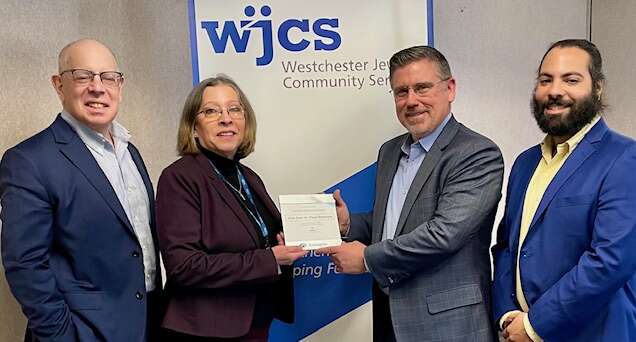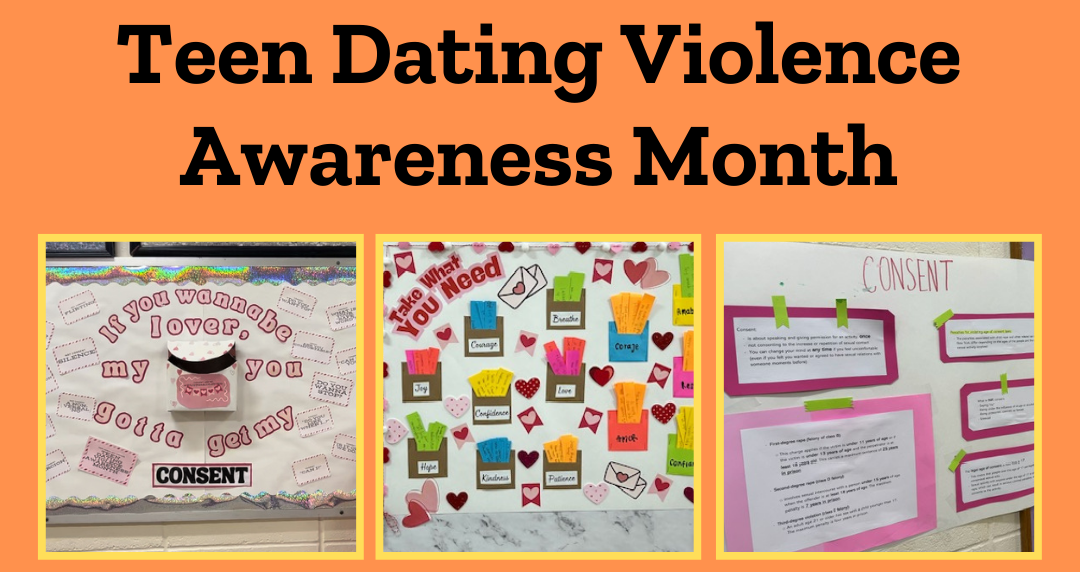With the skyrocketing rates of depression and anxiety, there’s a growing awareness of how essential it is for all adults, including teachers, parents, work colleagues, and anyone involved in youth-serving organizations to be sensitive to the signs of mental health crises in others. In fact, our WJCS Mental Health First Aid program is designed to provide that knowledge as well as resources that can help. However, there is also another type of mental health awareness that needs to be cultivated. Anyone who is directly exposed to the trauma of others is in danger of experiencing what is known as vicarious or secondary trauma. First responders, mental health workers, hospital staff, and school personnel are among the groups of people who are routinely exposed to individuals suffering from severe trauma and, as a result and often unrealized by them, experience feelings of depression, isolation, anxiety, emotional numbness, and feeling overwhelmed.
In the pivotal ACES (Adverse Childhood Experiences) study that was published in 1998, it was revealed that 67% of the 13,000 research participants had at least one Adverse Childhood Experience. Such experiences include physical abuse, sexual abuse, neglect, domestic violence, parental substance abuse and mental illness, parental incarceration. In later versions of the questionnaire, community violence, poverty, and racism were included. When treating or even just being with others in pain, individuals may wind up internalizing that pain themselves. At the WJCS Trager Lemp Center for Treating Trauma & Promoting Resilience in Westchester where our clinicians treat clients who have experienced severe trauma, our staff are encouraged to develop and practice wellness habits and look out for signs of their own vicarious trauma. We know that hearing another person’s traumatic story and seeing their symptoms can have a profound effect. We’re sensitive to the fact that our client’s fears can potentially become our fears and that their anxieties can become our anxieties. The same is true for anyone who is frequently exposed to individuals who have been traumatized.
As a trauma-informed agency, WJCS is committed to educating our staff as well as external community providers about trauma and vicarious trauma. We have a Trauma Committee, composed of trauma experts who teach how to identify signs of trauma and vicarious trauma and offer practical ways to combat vicarious trauma symptoms. We are committed to promoting a culture of wellness by, for instance, incorporating mindfulness exercises in clinician meetings and offering staff wellness activities. Just as we do with our clients, we aim to maintain a safe and predictable environment, mutual respect, build rapport and relationships, respect boundaries, and work collaboratively.
Our trauma professionals at WJCS are often asked to give presentations on vicarious trauma to school staff, hospital workers, first responders and others so that those working in fields in which they are surrounded by people in pain can identify trauma symptoms and manage the effects of trauma by practicing self-care strategies. We are always happy to do this. There is no need for those in trauma fields to tough it out. Through awareness, balance, connection, and self-care we can continue to do our important work helping those in pain without harming ourselves.
Liane Nelson, Ph.D. is Chief Psychologist and Director of the WJCS Trager Lemp Center for Treating Trauma & Promoting Resilience. Please contact June McKenley at (914) 949-7699 ext. 2428 if you would like to arrange to have a WJCS professional give a presentation on vicarious trauma to your organization. A version of this article was first published in Westchester Jewish Life and is published on wjcs.com with the permission of the Westchester Jewish Life publisher.




